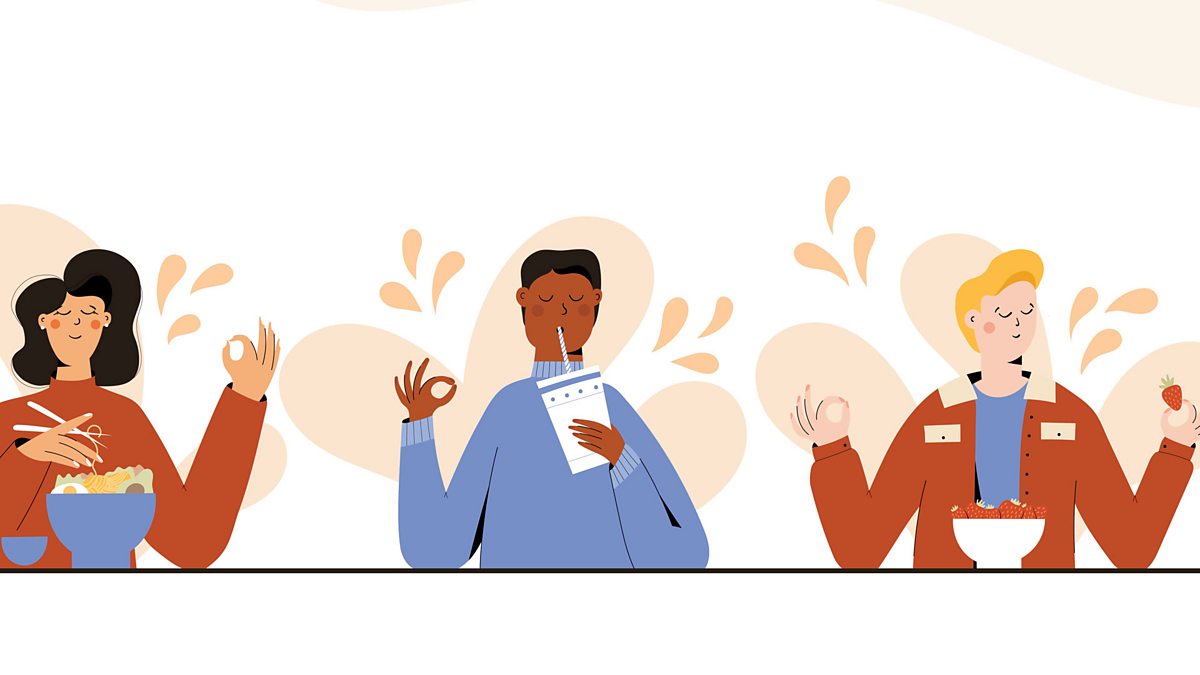Cook what you love, not what should make
“Do something really simple that you really like,” Hastings suggests before adding, “Don’t fall into the trap of thinking ‘oh, I’m going to cook it because it’s going to be really good for me’ or ‘that looks really amazing and I want to cook this smart dish. ‘ That won’t connect with you and you want it to mean something and give you comfort.
“Perhaps a dish reminds you of something or someone and you are going to take time to reflect while cooking. This is the time to nurture yourself, not just eat.”
If you’re struggling with grief, this can help, says Hastings. “We can connect with those memories [through making dishes that remind you of loved ones]. It allows us to recognize that when someone is in your heart, they are always here with you. I do this when I make recipes related to my grandmother; she helps me remember what she meant to me. Not just what she taught me when she was cooking, but how she took care of me and the love I received.”
Practice mindful eating (and even doing the dishes)
Mindful eating is a tool for relaxation and awareness, taking your time to focus and appreciate the food you are eating. Kocet explains, “I do a chocolate meditation where I have the students eat the food very slowly. I did this years ago when I was a therapist at a psychiatric hospital working with adolescents. I gave them a small piece of chocolate and then guided them to remove the wrapper, smell the chocolate, then put it in their mouths and not chew on it. I explained to him that when we eat mindfully, we can eat more slowly, it is better for our digestion. But it’s also better for our mental well-being, as it’s a form of meditation.”
“After cooking, instead of just throwing the dishes in the dishwasher, use it as a meditation tool as well,” adds Kocet. “Wash the dishes by hand and just be careful with the soap and water. Cleaning each plate can also be a symbolic representation of cleaning our emotional space, as well as the plate itself.
Think outside the physical act of cooking
Whether it’s reading a cookbook from cover to cover to calm him down or talking about his favorite childhood food, “kitchen therapy doesn’t necessarily have to involve cooking,” says Kocet. “It can just be discussions about food and eating and a person’s relationship with food.”
You can go one step further and do your own food-related homework. “There’s a children’s book that came out years ago called Tear Soup,” says Kocet. “Usually I will read that story whether I am working with children, teenagers or adults. It is about a woman who experiences a loss and must make Soup of Tears as a way to cope… After reading the story, I ask my students to write their own Soup of Tears recipe and what that means to them. his own pain.”
The result is not the point
“When you see little kids, they don’t know they can’t cook, so they’re great. They just get stuck. They don’t care if something is perfect or not… Think about when you made a mud pie as a kid, no one told you how much to add or what to do,” says Hastings, explaining that To improve your well-being through diet, you must eliminate the pressures associated with the final result.
Kocet agrees, explaining that even if you do make a mistake, it can be a useful tool to help you improve your self-confidence and resilience. “In one class, a student was assigned a pear pie. He messed up the recipe and I could see that he was very downcast. I encouraged him to do something else with the ingredients. At the end, when we were tasting all the food, the class said that their favorite was the spontaneous dish that he prepared. The expression on his face was pure shock: something that didn’t work out originally turned out really well.
“That sums up why kitchen therapy can be so powerful. If you make a mistake while cooking, how can you reverse it? It is also a metaphor for other parts of your life. It’s okay to make a mistake, whether it’s professionally at work or in relationships,” Kocet concludes.
